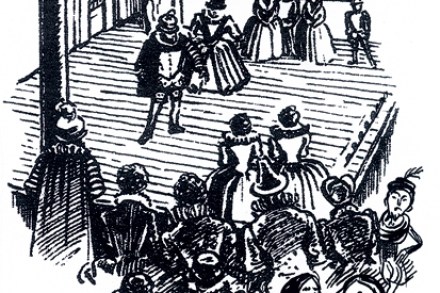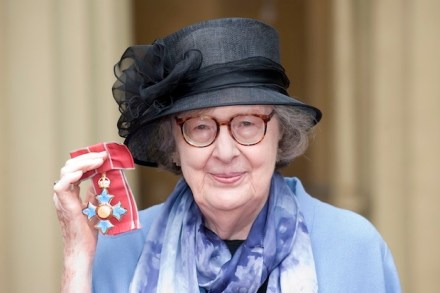Penelope Lively’s notebook: Coal holes and pub opera
I have been having my vault done over. Not, as you might think, the family strong room, but the place beneath the pavement — the former coal cellar — pertaining to an early 19th-century London house. The vault opens onto the area — mine is the last generation to know that that is what you







